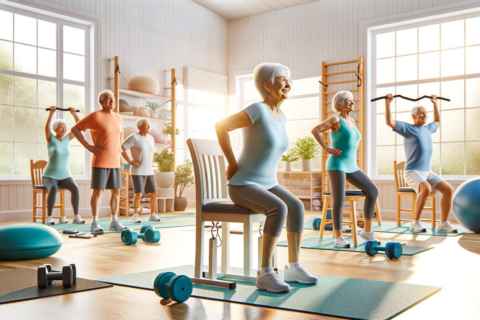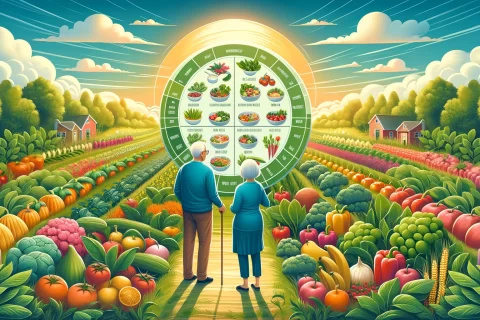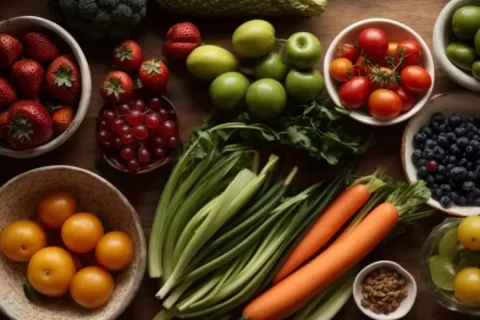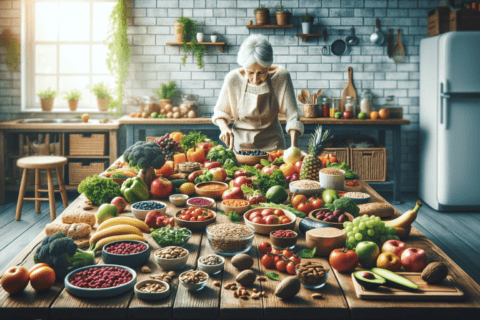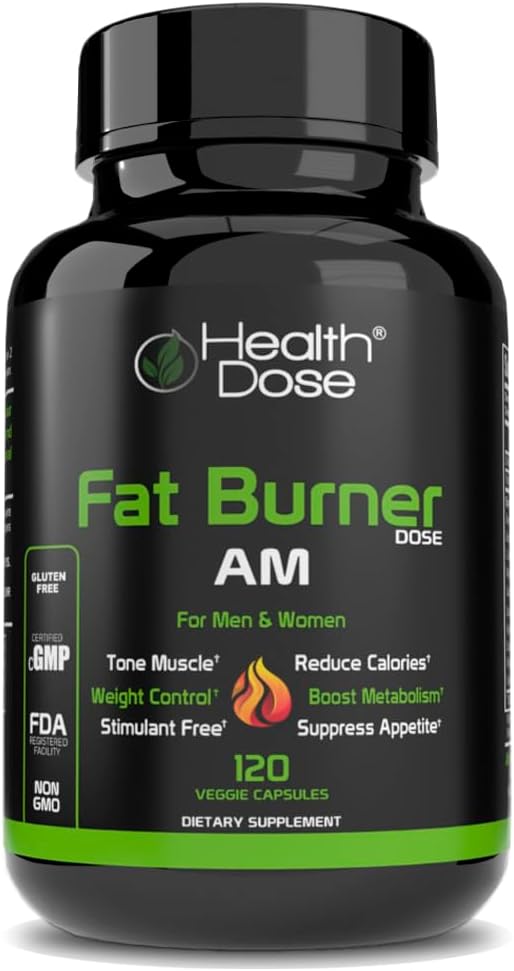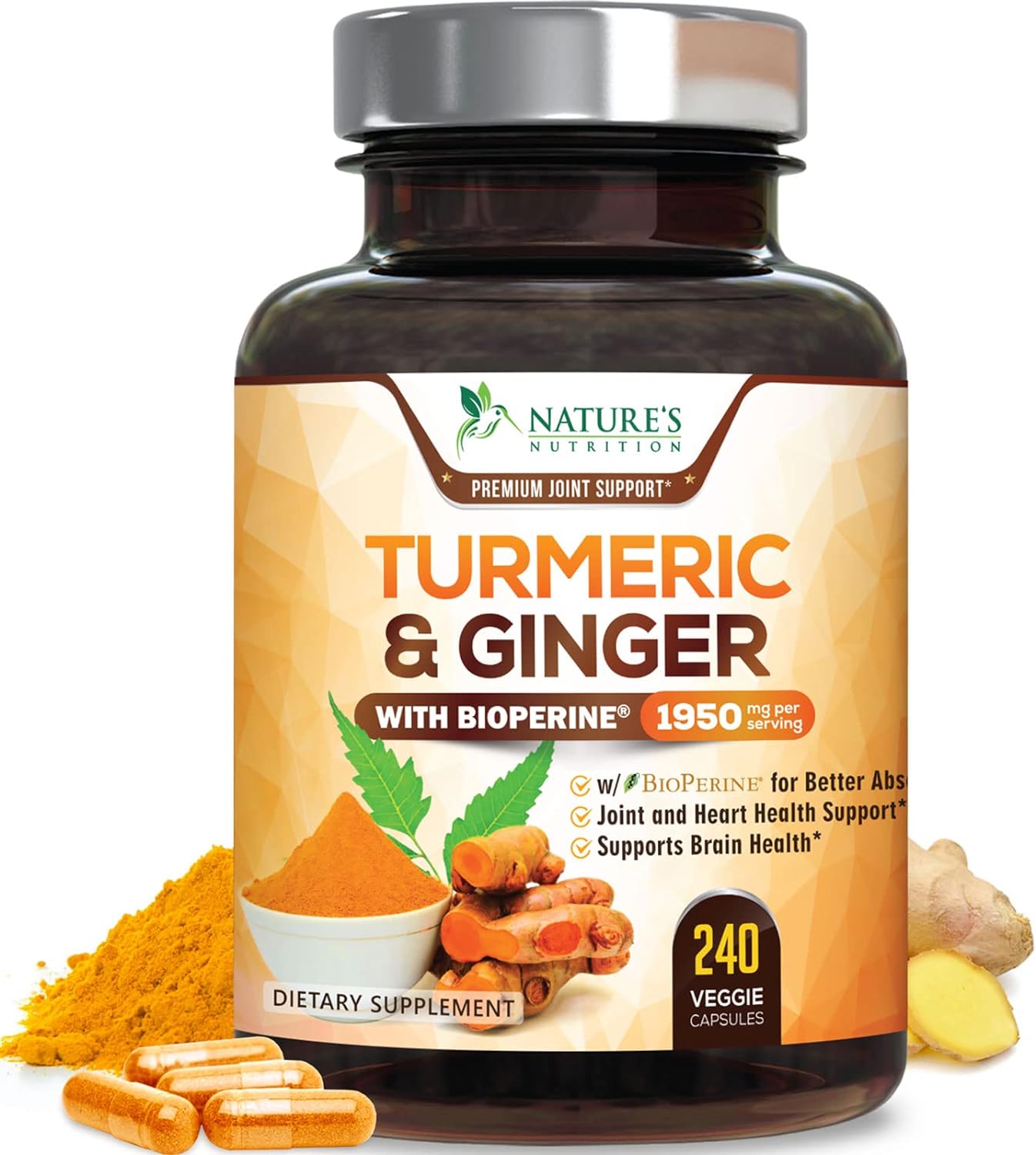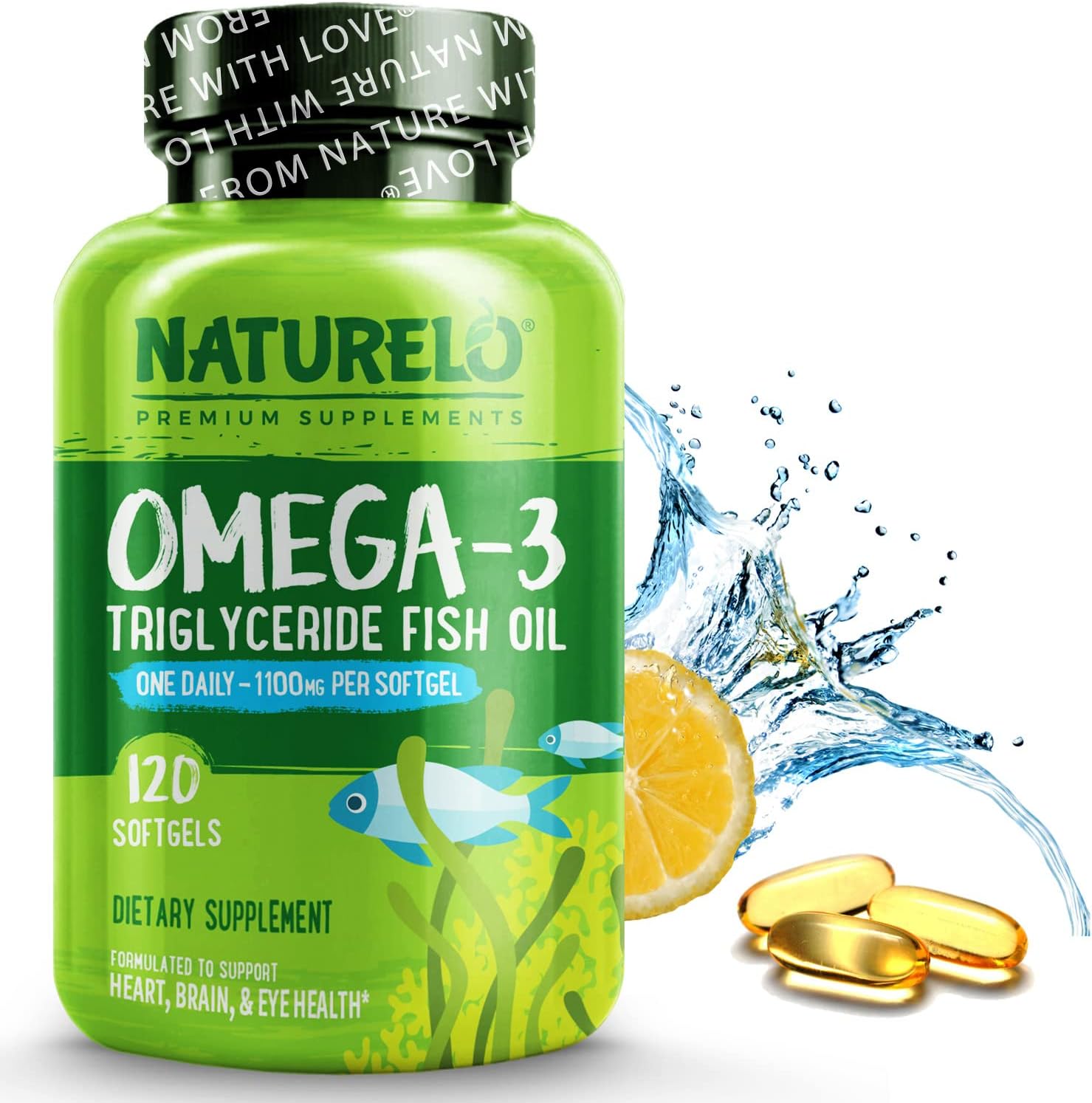Introduction
Navigating the aging process gracefully requires more than just regular exercise and medical check-ups; it also demands a careful consideration of our dietary habits. As we step into our senior years, our body’s needs evolve, making it crucial to focus on consuming foods that increase vitality. This not only helps us maintain our physical energy and strength but also supports our mental sharpness and emotional well-being.

The right nutrients can transform your health, providing the necessary tools to combat age-related decline and sustain an active and fulfilling lifestyle. In this comprehensive guide, we’ll delve into the best foods known for their life-enhancing benefits, specifically curated for seniors. From the power of omega-3-rich fatty fish to the antioxidant-rich variety of berries, each food choice is a step toward revitalizing your well-being. As we age, maintaining vitality and energy can become increasingly challenging. However, with the right dietary choices, seniors can significantly enhance their life quality and vitality. Incorporating specific foods that increase vitality into your daily regimen can make a profound difference. This blog post, tailored for seniors and published on TheFitnessHelpDesk.com, explores the best foods to boost energy and vitality, ensuring that your golden years are both active and enjoyable.
Understanding Vitality in Seniors
Vitality in seniors encompasses a holistic view of health that goes beyond mere physical wellness to include mental alertness, emotional well-being, and social engagement. As we age, our bodies undergo various changes that can impact our energy levels, strength, and cognitive functions. Understanding these changes is crucial for maintaining vitality and ensuring a high quality of life throughout the senior years.
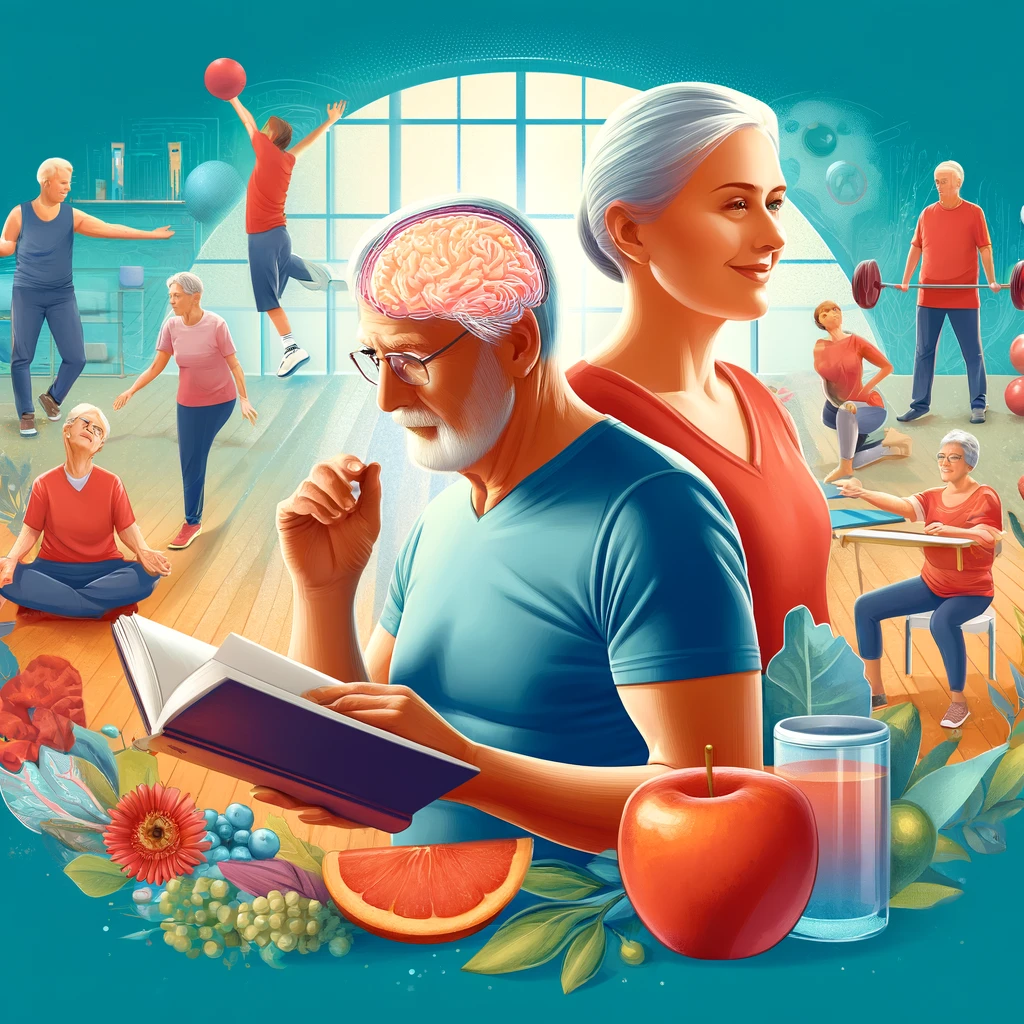
- Firstly, physiological changes such as slower metabolism and decreased muscle mass can significantly affect how seniors process nutrients and maintain physical energy. These changes make it imperative to adopt a diet that not only caters to nutritional needs but also supports metabolic health and muscle preservation.
- Secondly, cognitive vitality is another crucial aspect of aging. Maintaining brain health through proper nutrition, mental exercises, and social interactions can help prevent cognitive decline and support emotional health. Foods rich in omega-3 fatty acids, antioxidants, and vitamins play a significant role in enhancing cognitive functions and mood regulation.
- Emotional well-being is also a key component of vitality. Seniors who engage in regular physical activity and maintain a balanced diet tend to experience better mood stability and a reduced risk of depression.
- Social vitality, involving interactions with friends, family, and community, is equally important as it stimulates mental health and provides a sense of belonging and purpose.
- Finally, the role of chronic disease management cannot be overstated. Many seniors live with one or more chronic conditions, such as heart disease, diabetes, or arthritis. Proper nutrition can help manage symptoms and even reduce the dependency on medications.
- In sum, understanding vitality in seniors requires a multifaceted approach. By focusing on a diet rich in foods that increase vitality, seniors can address the various aspects of their health, from physical to emotional and cognitive, thereby enhancing their overall well-being and enjoyment of life. This comprehensive approach not only helps seniors live longer but also ensures that those years are lived with quality and joy.
1. Leafy Greens: A Nutrient-Dense Powerhouse

Leafy greens such as spinach, kale, and collard greens are vital for seniors seeking to boost their vitality and overall health. These vegetables are loaded with essential vitamins like A, C, E, and K, and minerals such as iron and calcium, which play crucial roles in maintaining various bodily functions. Vitamin K, for instance, is key for bone health, helping prevent osteoporosis, while the antioxidants in these greens can combat chronic diseases by reducing inflammation and cellular damage.
- Including leafy greens in your diet can also aid in digestion and provide a high fiber content, which helps regulate blood sugar levels and maintain a healthy gut.
- Whether it’s a spinach salad, a kale smoothie, or sautéed Swiss chard, incorporating these vegetables into daily meals can significantly uplift a senior’s energy and health.
2. Fatty Fish: Omega-3s for Brain and Heart Health

Fatty fish such as salmon, mackerel, and sardines are excellent sources of omega-3 fatty acids, which are essential for maintaining heart health and cognitive function. These fatty acids help reduce inflammation, which can cause heart disease and arthritis, and they also support brain health, potentially lowering the risk of Alzheimer’s disease.
- Additionally, omega-3s can improve mood and reduce the risk of depression, which is particularly important for seniors. The protein in fatty fish aids in muscle maintenance, crucial for preserving mobility and independence as one ages.
- Incorporating fatty fish into your diet a couple of times per week can provide long-lasting benefits, from grilled salmon steaks to hearty mackerel stews.
3. Nuts and Seeds: Compact Sources of Energy and Nutrients

Nuts and seeds are compact powerhouses of energy and nutrients, making them ideal snacks for seniors. Almonds, walnuts, flaxseeds, and chia seeds, for instance, provide healthy fats, proteins, and fibers that can enhance heart health and reduce blood sugar fluctuations.
- These small yet mighty foods are also rich in antioxidants and minerals like magnesium and selenium, which support immune function and reduce inflammation.
- Regular consumption can help maintain mental alertness and physical stamina, essential for an active senior lifestyle. Nuts and seeds are incredibly versatile and can be added to yogurts, salads, or simply enjoyed as a handy, nutritious snack.
4. Whole Grains: Sustained Energy and Digestive Health

Whole grains like quinoa, barley, and oats are staples for maintaining high energy levels and digestive health. They provide seniors with complex carbohydrates, which are key for sustained energy throughout the day, unlike simple sugars that can lead to energy spikes and crashes.
- The high fiber content in whole grains also promotes healthy digestion and can prevent constipation, a common issue in senior health. Additionally, B vitamins in whole grains are vital for brain function and maintaining good mood and cognitive performance.
- Integrating whole grains into daily meals, whether through oatmeal at breakfast or quinoa salads at lunch, can significantly enhance vitality and overall well-being.
5. Berries: Antioxidant-Rich Superfoods

Berries like blueberries, strawberries, and raspberries are celebrated for their high antioxidant content, which is crucial for combating oxidative stress and inflammation — common culprits behind many chronic diseases. For seniors, consuming berries can support cognitive health, reducing the risk of memory decline and other age-related cognitive impairments.
- The vitamins found in berries also contribute to the health of the cardiovascular system and aid in regulating blood sugar levels. Their fiber content promotes digestive health as well.
- Adding a handful of berries to your breakfast cereal or enjoying a berry smoothie can make a delightful and healthful addition to a senior’s diet.
6. Beans and Legumes: Protein-Packed Essentials
Beans and legumes, including lentils, chickpeas, and black beans, are crucial for seniors not only for their high protein content but also for their fiber and B – vitamins, which play a vital role in energy production and overall health. Protein is essential for preserving muscle mass, which naturally diminishes with age, and for repairing body tissues. The fiber in beans and legumes aids in digestive health, ensuring that seniors can maintain regular bowel movements and support a healthy gut microbiome.

- Moreover, beans and legumes are low in fat and help manage blood sugar levels, making them particularly beneficial for seniors with diabetes or blood sugar management issues.
- They also contribute to heart health due to their combination of fiber, protein, and antioxidants. These attributes make beans and legumes a powerhouse for reducing the risk of chronic diseases such as heart disease and type 2 diabetes, which are prevalent in older populations.
Practical Tips to Incorporate These Foods into Your Diet
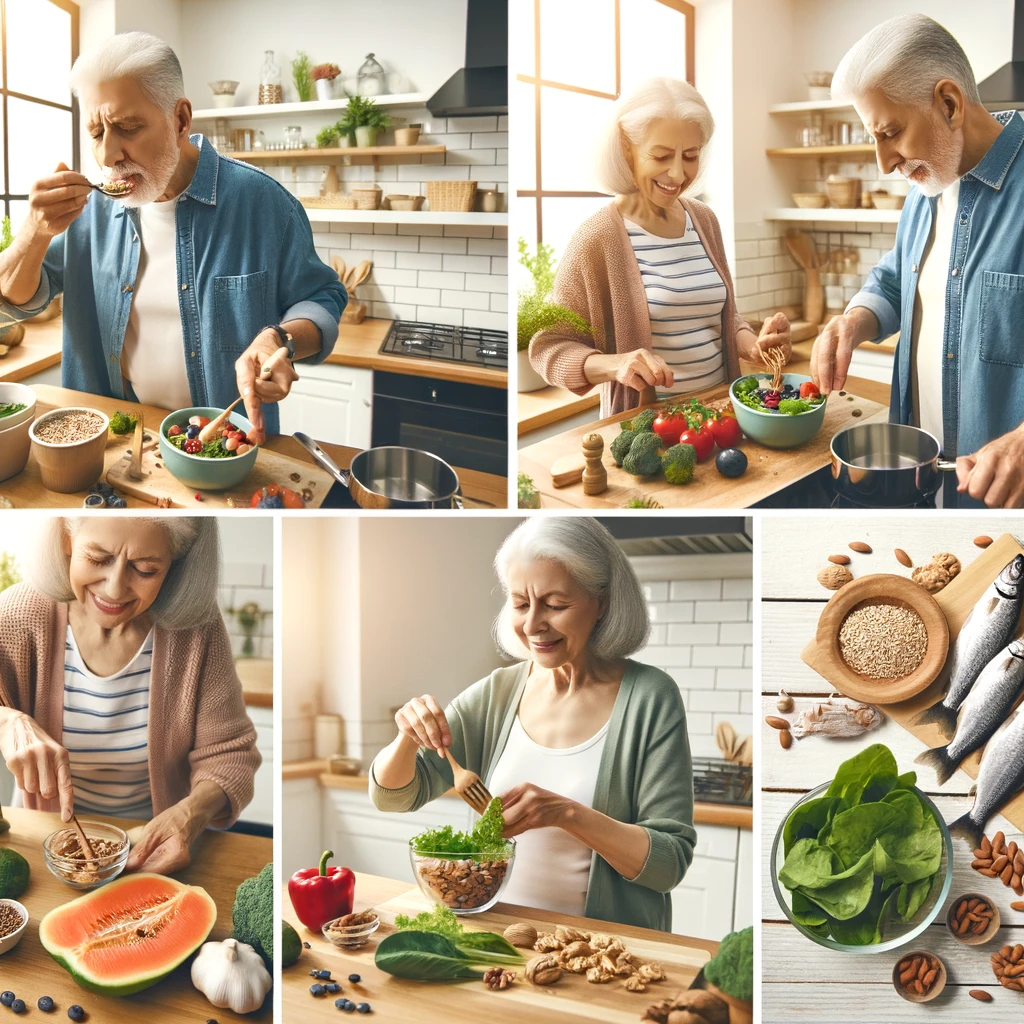
- Start Your Day Right: Begin with a breakfast rich in whole grains and berries to jumpstart your metabolism and energy levels.
- Smart Snacking: Opt for a handful of nuts or seeds for a midday snack to keep your energy up.
- Fish Fridays: Incorporate fatty fish into your meals at least twice a week to benefit from omega-3 fatty acids.
- Greens Galore: Add leafy greens to your lunches and dinners for a nutrient boost.
- Legume Love: Include beans or legumes in at least one meal per day to enhance your protein and fiber intake.
The Role of Hydration in Maintaining Vitality

Hydration plays a critical role in maintaining vitality, especially for seniors. Water is essential for almost every function within the body—it aids in digestion, helps transport nutrients to cells, and keeps organs functioning properly. Proper hydration also ensures effective blood circulation and helps regulate body temperature. For seniors, staying hydrated is crucial as the sense of thirst diminishes with age, increasing the risk of dehydration. This can lead to fatigue, confusion, and urinary tract infections, all of which significantly impact overall vitality and health. Moreover, adequate fluid intake can help improve the skin’s elasticity and appearance, which is often a concern in older age. Seniors should aim to drink fluids consistently throughout the day, prioritizing water while also incorporating other sources like fruits, vegetables, and hydrating beverages like herbal teas.
Conclusion
Choosing the right foods that increase vitality can greatly enhance the quality of life for seniors. By focusing on nutrient-dense foods and maintaining adequate hydration, seniors can boost their energy levels, enhance mental clarity, and improve overall health.
About Steve Allison
At the helm of our nutritional guidance is Steve Allison, an experienced personal trainer and nutrition specialist for seniors, backed by extensive knowledge and certifications from NASM. With his expertise, seniors at TheFitnessHelpDesk.com receive tailored advice that aligns with their unique health needs, ensuring they lead a vibrant and energetic life. Join Steve in embracing a healthier lifestyle that empowers your senior years with vitality and strength.













